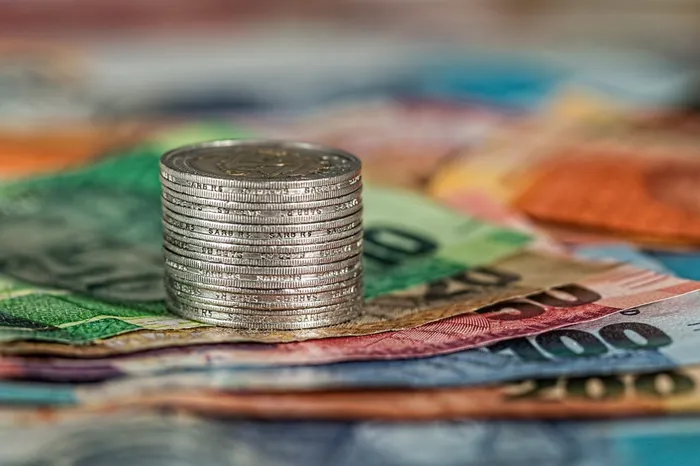5 ways you can find your financial freedom

Financial freedom is the ability to feel secure in your current financial position as well as having control over your finances. Picture: Steve Buissinne/Pixabay
Following the recent celebration of Freedom Day, South Africans should take the time to reflect on their personal freedoms – specifically, their financial freedom.
According to Bertie Nel, head of financial planning and advice at Momentum, financial freedom is:
– feeling secure in your current financial position;
– having control over your finances; and,
– being able to make choices based on the financial situation rather than feeling trapped.
Rising interest rates, the rising cost of living and market fluctuations have put many people in a position where they are struggling to achieve their financial goals and live within their means.
Nel said: “While achieving financial freedom may seem daunting in these times, it is important to note that it starts with arming ourselves with the right tools, actions and mindset.”
Nel suggests taking the five steps below to set you on the road to financial freedom:
Take a good look at your financial situation
Assess your current situation by paying careful attention to income and expenses to get a clear picture of where you stand financially, as well as identify areas for improvement.
Set financial goals
After knowing where you stand financially, it’s time to set your financial goals. These can include paying off debt, saving for a down payment on a house, or investing for retirement.
Ensure your goals are SMART: specific, measurable, achievable, realistic and measurable.
Create a budget
A budget is crucial for achieving financial freedom because it helps you track expenses, avoid overspending and save enough to meet your goals.
According to Budget Insurance head Tyrone Lowther, a basic budget is one of the most underrated tools for gaining control of your finances, managing spending, saving and avoiding debt.
Reduce debt
High debt levels significantly hinder financial freedom. You can tackle your debt by paying it off, starting with high-interest debt such as credit card balances. You can also consider consolidating your debt or negotiating with creditors to reduce interest rates.
Build an emergency fund
Nel said: ‘’An emergency fund is a safety net for unexpected expenses like medical bills or car repairs. Aim to save three to six months' expenses in an easily accessible savings account.’’
IOL Business